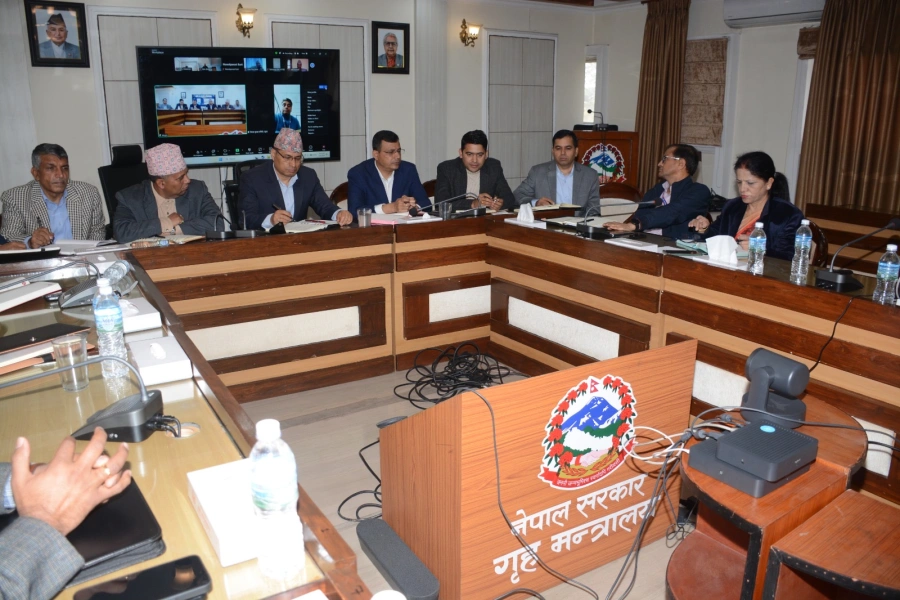A shortage of chemical fertilizers during the farming season is nothing new for our country. This problem has persisted for years without any meaningful change. Time and again, the Ministry of Agriculture and Livestock Development has had to express helplessness over the matter. The incumbent minister, Ramnath Adhikari, has also admitted that the fertilizer shortage continues and is likely to persist. Why is there such helplessness within the state machinery? Why is there never an effort to learn from past mistakes and find a solution? It seems the entire state structure is intent on reducing agricultural productivity and increasing foreign dependency. If the goal is to boost agricultural production, the government must be proactive in ensuring the availability of fertilizers and other essential inputs. Speaking at a program organized in Kathmandu on Thursday, Minister Adhikari claimed that fertilizer is in short supply and that this shortage will continue. According to him, last year the Ministry of Agriculture was allocated a budget of Rs 27.95 billion. Despite this allocation, only 450,000 tons of fertilizer were imported. The country’s demand ranges from 1.1 to 1.3 million tons. Yet the government has not been able to meet even a quarter of this demand. Although the minister is aware of the issue, he appears unable to ensure proper supply. This situation persists even under so-called smart and young ministers.
Multiple factors have contributed to the fertilizer shortage. First, it is treated as a government monopoly. Although there is occasional talk of involving the private sector, this has not materialized. The government’s subsidy on fertilizers has also restricted their availability. If fertilizers were made available in an open and competitive market, the situation could have been different. Second, there are periodic discussions in Nepal about establishing chemical fertilizer plants, but these discussions quickly fizzle out. If setting up a fertilizer plant is the solution, efforts should be directed toward that goal. Some time ago, there was talk of the Chinese government helping to establish such a plant. It is natural for the Indian government to take an interest as well. However, more important than foreign interest is our own government’s commitment. If fertilizer plants are necessary, they should be set up within the country. If imports are the better option, then that route must be pursued efficiently. There has been no effective system for the import and distribution of chemical fertilizers. The state has failed to plan based on the actual amount of fertilizer required. This reflects a discriminatory attitude toward farmers. When the country needs petroleum products, their supply is ensured promptly. Although there were disruptions in the past, they were addressed and resolved in time. But when it comes to farmers' problems, the state does not show the same level of urgency.
Farmers to face fertilizer shortage next year too

Undoubtedly, fertilizer prices in the international market are very high. This makes it difficult to import them in a timely manner and manage an adequate supply. This reality cannot be ignored. Additionally, farmers near the Indian border often resort to informal channels to meet their fertilizer needs, which further complicates the situation rather than easing it. Moreover, the Russia–Ukraine war has disrupted global supply chains, contributing to the shortage. The impact of disruptions in the international fertilizer supply system naturally leads to scarcity. Nepal is not incapable of moving toward organic farming. Organic fertilizers can be produced from household waste, agricultural residue, and livestock manure. Therefore, if importing chemical fertilizers and ensuring their supply proves unfeasible, other alternatives must be pursued. Nepal went years in the past without using chemical fertilizers. The policy to adopt them was intended to boost productivity, but the damage they caused to the soil has largely been ignored. Thus, there is no alternative but to explore viable options and strengthen the supply system. Simply admitting that there is a shortage and that it will continue does not solve the problem.






































